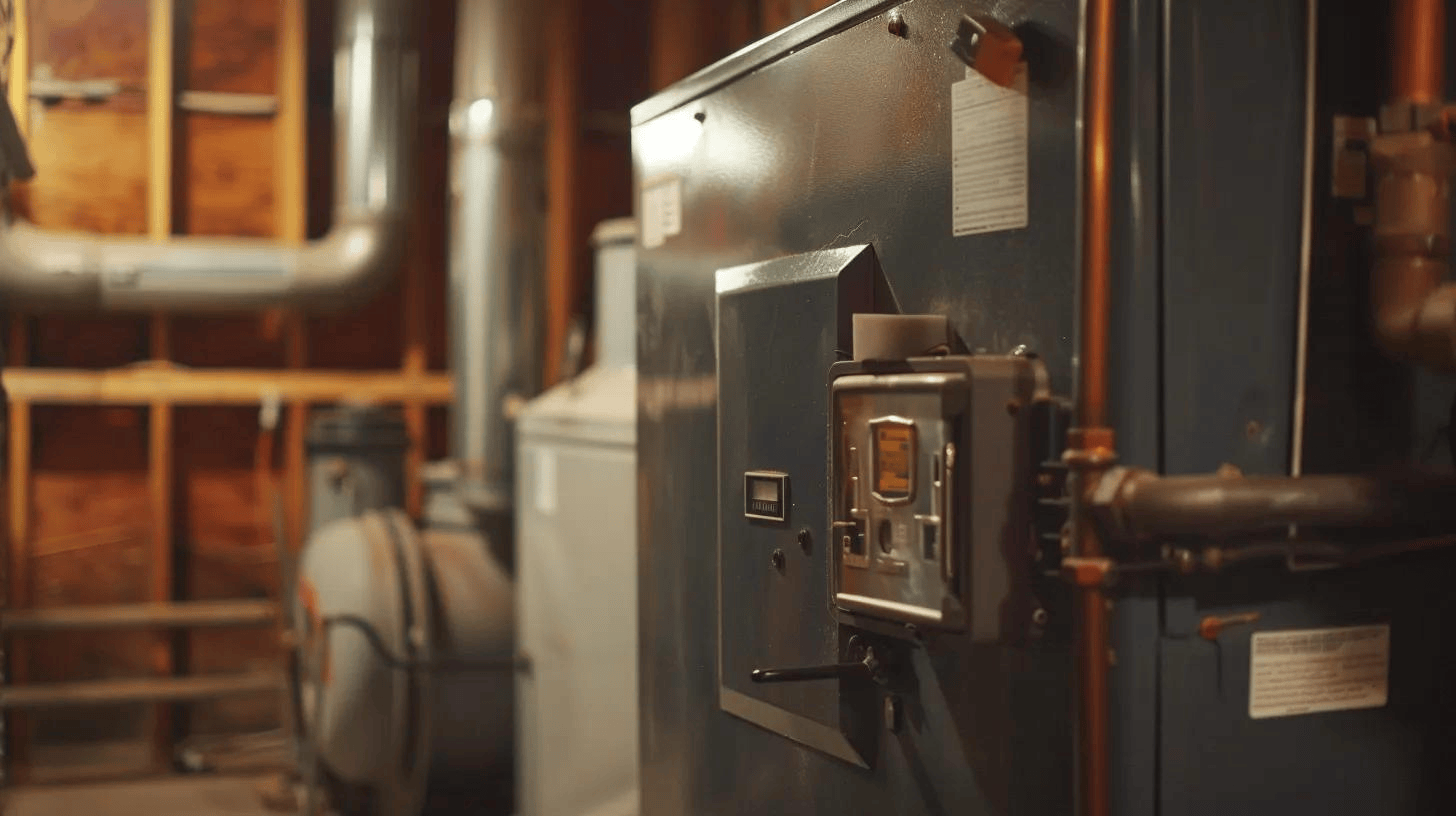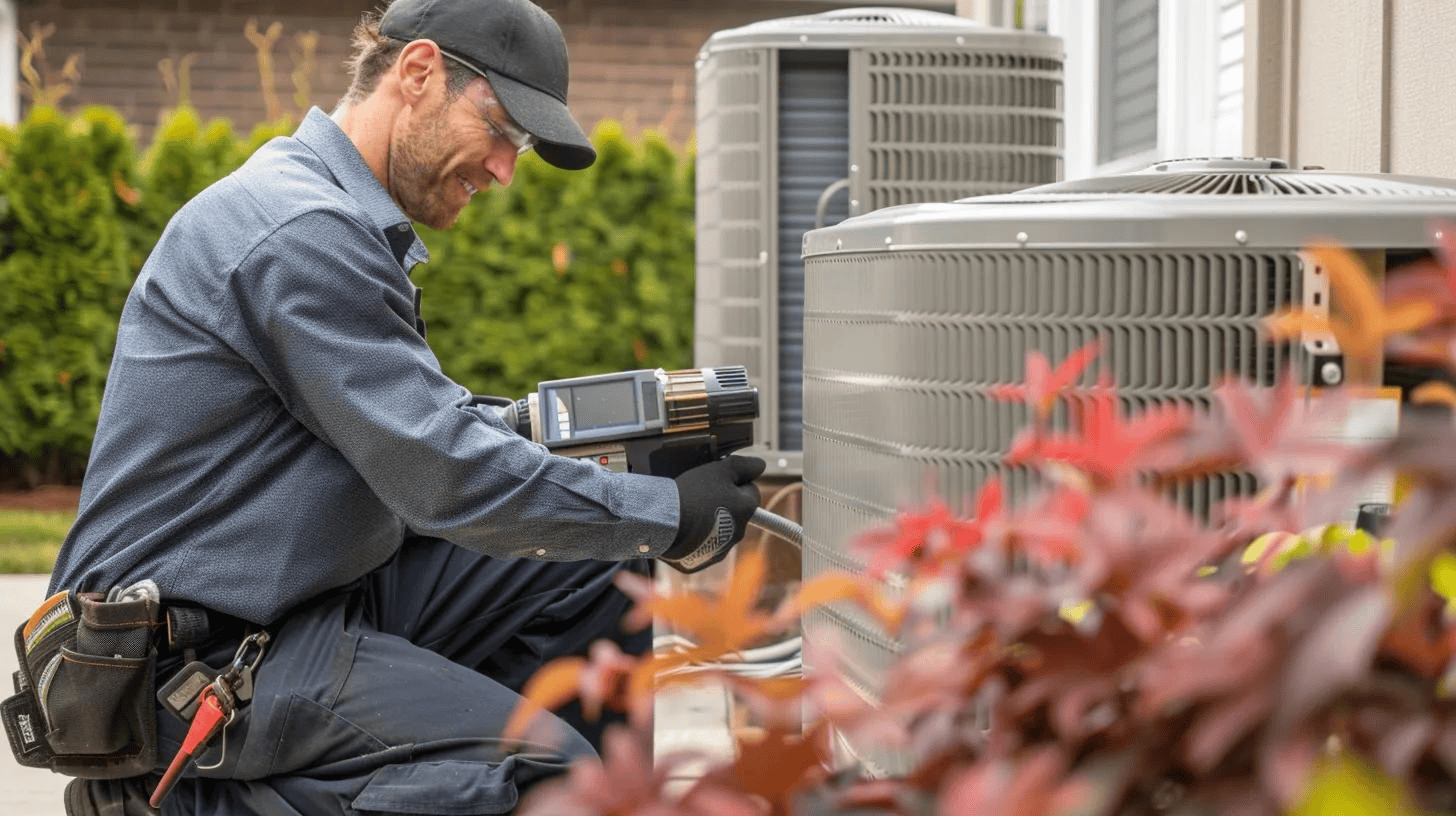When a heat pump starts making strange noises, it’s usually not just a fluke. These sounds often point to a problem that needs attention. Homeowners in Roanoke may hear new hums, clicks, or rattles that weren’t there before. While it’s easy to ignore them at first, letting unusual sounds continue could lead to bigger issues with your system later down the road.
Addressing noise problems early helps keep your home comfortable and protects your heat pump from long-term damage. Whether the sound is a loose part or a sign of wear, figuring out what’s going on can prevent frustration, higher utility bills, and unexpected breakdowns. It's always better to solve the issue before it turns into something more expensive or disruptive.
Common Noises and What They Might Mean
Every piece of equipment will make some noise while running. But when those sounds get louder or start to change, it usually signals a part that's not working like it should.
Here are some common noises that Roanoke homeowners report with their heat pumps, along with what they could mean:
- Rattling: This is often caused by a panel screw that has come loose or parts like the fan blade making contact with debris or something inside the unit. If left unchecked, the problem could grow worse and begin to damage other components.
- Humming: A low hum isn’t unusual, but if it's louder than normal or doesn’t stop, it could point to electrical issues like a failing capacitor or a motor that's beginning to wear out.
- Clicking: A light click when the system turns on or off isn’t a worry, but frequent clicking can mean a control board or relay is malfunctioning. It could also be a sign of a thermostat issue.
- Grinding or Screeching: These sounds need serious attention. They could mean that moving internal parts like bearings or belts are failing or that parts aren’t getting proper lubrication.
- Gurgling or Whooshing: This can happen when refrigerant is moving through the system, but if it’s very noticeable, it might be pointing to a refrigerant imbalance or an issue with airflow.
Not every noise means something is broken, but consistent or worsening sounds are clues that something’s off. It’s best not to treat these noises as background hums that can be ignored. One Roanoke homeowner noticed a rattling noise every time the heat pump kicked on. At first, they assumed it was minor, but a few weeks later, the rattling turned into a banging sound, and the unit shut down. Catching that sooner could have saved the system from more extensive repairs.
Steps to Identify the Source of the Sound
Finding the source of the noise can be tricky, especially if it only happens now and then. But there are a few safe steps you can take to figure out where the problem might be coming from before calling in our technicians.
1. Turn off the system: For safety and a better check, always start by shutting off power to the unit. Don’t touch any internal electrical parts.
2. Listen up close: Once power is off, inspect the general area. Wiggle panels to check if anything is loose and gently move outside housing covers to see if there’s play in the material.
3. Check for visible obstructions: Look for leaves, sticks, or other debris in the outdoor unit. These are common sources of rattling or buzzing when parts make contact during operation.
4. Watch the fan and compressor: If running, observe how the fan blades spin and whether there’s vibration or imbalance. Listen to the compressor—the source of any loud humming or vibrating might be coming from inside it.
5. Make note of the sound timing: Does the noise happen every time the unit turns on? Only during heating or cooling mode? When the temperature drops at night? Tracking when it happens helps our professionals diagnose the problem faster.
6. Never open sealed compartments: If the noise is coming from inside the unit and isn’t easy to reach, don’t try to take apart panels or disassemble parts. Heat pumps carry electrical risks and require proper tools to open and diagnose safely.
Sometimes, solving the mystery behind a heat pump noise means going deeper than what’s safely visible to homeowners. That’s when a quick call for help from our technicians makes the biggest difference. They can run full system tests and safely inspect the hardest-to-reach components.
Common Solutions for Heat Pump Noises
Once the type of noise and general source have been narrowed down, the next step is getting it fixed the right way. While it might be tempting to grab a screwdriver or try a repair video, heat pumps involve electrical systems, motorized parts, and high-pressure refrigerant. Attempting a fix without the right tools or training can make the problem worse or even cause injury.
Below are some of the most common repairs our technicians perform when addressing noise issues in heat pumps:
- Tightening or replacing loose panels and screws to stop rattling and vibrations
- Rebalancing or replacing fan blades if they’re bent or making contact inside the unit
- Replacing worn-out components like bearings, motors, or belts to stop grinding and screeching
- Repairing or replacing control boards or relays when frequent clicking is traced to malfunctioning electrical parts
- Testing and balancing refrigerant levels if gurgling or whooshing sounds become loud or constant
- Clearing out debris or cleaning out coil fins, especially if noise increases after wind or yardwork nearby
Each of these jobs involves more than just spotting the cause of a sound. It means knowing which parts interact with others and how to safely handle them without risking damage. Even if a noise seems minor, putting off repairs often ends in system failure that’s more expensive and inconvenient.
The best move isn’t trying to silence the heat pump yourself—it’s calling in a technician who can dig into the problem and stop the noise at its source.
Preventive Maintenance to Keep Noises From Returning
After the problem is addressed, there’s still value in keeping your system running smoothly year-round. Routine preventive care helps reduce the risk of new sounds popping up and keeps your system in better shape for longer.
Here’s how homeowners in Roanoke can help keep their heat pumps quiet:
- Schedule regular professional maintenance, especially before peak use seasons
- Keep the area around the outdoor unit free of branches, leaves, and clutter
- Visually check for bent pieces, cracked housing, or signs of rodent or insect activity
- Change indoor filters regularly to avoid airflow strain and overheating
- Monitor your thermostat’s behavior to catch erratic cycling early
- Listen to your system once a week when it turns on or off. A new or strange sound that only happens once can be a signal something’s not quite right
Just like your vehicle needs oil changes and inspections, your heat pump needs consistent attention to stay at peak performance. Skipping regular care can cause buildup that affects the internal balance of the system, leading to new noise issues over time. When those sounds start again, it’s best to act early.
When a homeowner is proactive, they spend less time worried about emergency service calls or comfort disruptions. Simple monthly habits, backed by regular checkups from our professionals, go a long way.
Why Addressing Noises Matters in Roanoke
Ignoring a strange noise doesn’t make it go away. In many cases, it’s the first sign of a repair that needs to happen. The longer noise issues go unresolved, the more they chip away at the efficiency and life span of your system.
Roanoke homeowners rely on their heat pumps year-round. Whether it's sweltering in the summer or transitioning between seasons, having a reliable system that's quiet and strong can make a big difference. No one wants to deal with a breakdown when it’s hot outside or settle for uneven comfort inside the home.
Fixing strange noises isn’t just about making the sound stop. It’s about preserving the system, avoiding costly damage, and protecting your comfort in the months ahead. Whether the problem is rattling, buzzing, or grinding, addressing it quickly keeps your heat pump reliable and your home peaceful.
Keep your home comfortable and your heat pump running quietly by acting quickly when unusual sounds arise. If you need heat pump repair in Roanoke, trust Woods Heating & Air to diagnose the issue and restore your system’s performance. For a quick estimate or to schedule a service appointment, please contact us today.








